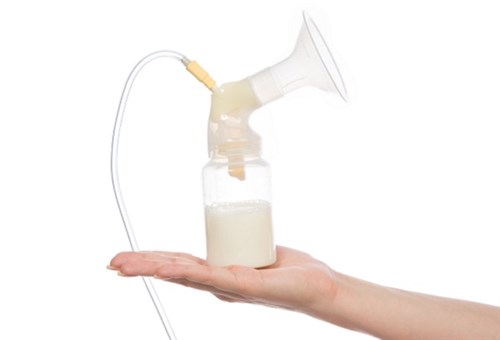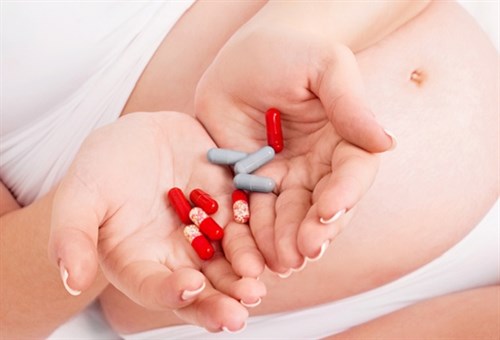If you ever visit an online breastfeeding support group, or talk to fellow breastfeeding mums, you’ll probably come across this question quite often: “How can I improve the quality of my breastmilk?”
In fact, if you are a breastfeeding mum yourself, it’s highly likely that you too have wondered if you can improve the quality of your milk, and how you can do it.
While your baby will always get the best of nourishment through your breastmilk regardless of what you eat, there are certain foods high in Omega-3 fatty acids and vitamins that are really good for breastfeeding mums. By eating a balanced diet that contains these foods, you can help ensure that both you and your baby are getting the best nutrition possible.
Do I have to supplement my diet?
If you’re eating a balanced diet that includes nutrients from fruits and vegetables, whole-grain breads and cereals, calcium-rich dairy products and foods that contain protein such as legumes, fish and meat, supplements are really not necessary.
However, there are instance when supplements may be needed, as explained below.
- If you are a vegan or on a vegan diet (no animal products) then it’s highly likely that your doctor will recommend supplements. This is because vegans may have a vitamin B-12 deficiency.
- If you are a smoker, supplements are generally recommended. The nicotine in cigarettes causes smokers to have lower iodine levels in general – a problem that could go on to affect baby. In this case, an iodine supplement may benefit both you and your baby.
- If you stay indoors most of the time or have minimal exposure to natural light, you may have a vitamin D deficiency. In this case too, your doctor may recommend a supplement.
- According to Hamosh et al (1999), if you are cutting calories and only getting around 2200 calories a day, then you may need extra calcium, zinc, magnesium, thiamin (vitamin B1), vitamin B6 and vitamin E.
- If you are only getting up to 1800 calories a day, then you might need extra calcium, zinc, magnesium, thiamin, vitamin B6, vitamin E, folic acid, riboflavin (vitamin B2), phosphorus and iron.
Getting your nutrients through food
While you can certainly take supplements, there’s nothing like eating a variety of nutrient-rich foods that are known to boost the quality of your breastmilk.
Here are some of the best foods for breastfeeding mums.
- Salmon and other fatty fish – These are loaded with a type of fat called DHA, which is really important for the development of your little one’s nervous system. Every woman’s breastmilk naturally contains DHA. But levels of it are higher in the milk of mums who include DHA in their diet.
- Low-fat dairy products – Your breastmilk is already loaded with calcium to help your little one’s bones develop. But breastfeeding mums also need to take enough calcium to meet their own needs. Yoghurt, milk and cheese are all good sources of calcium.
- Legumes – If you don’t eat meat, then legumes are a great source of iron. The darker the bean, the better, e.g. kidney beans and black beans.
- Oranges and blueberries – Blueberries, which are also a type of super food, are filled with vitamins and antioxidants that are great for breastfeeding mums. Oranges, as we all know, are loaded with vitamin C and so good for nursing mums.
- Brown rice – Healthy, whole-grain carbohydrates such as brown rice can help keep your energy levels up and gives you the calories you need to make great quality milk for your little one.
Do remember that it’s best to discuss with your doctor before taking any kind of supplement. Ultimately, your breastmilk will nourish your baby like nothing else can, so whenever you can, try to eat a healthy, balanced diet and you can be sure that your body will make the best quality breastmilk tailor-made especially for your little one!
References
http://kellymom.com/nutrition/vitamins/mom-vitamins/
Hamosh M, Dewey KG, Garza C, et al. 1999. Nutrition During Lactation. Institute of Medicine, Washington, DC, National Academy Press, pp. 133-140.
http://www.webmd.com/parenting/breast-feeding-diet
Do you know that an average baby will need 1057 nappy changes in the first 6 months? Get exclusive promotions and free diaper samples by joining the Huggies Club now! As a member, you can also gain exclusive access to the Huggies Forum and connect with experts to get more personalized pregnancy and parenting advices.
Last Published* May, 2023
*Please note that the published date may not be the same as the date that the content was created and that information above may have changed since.





